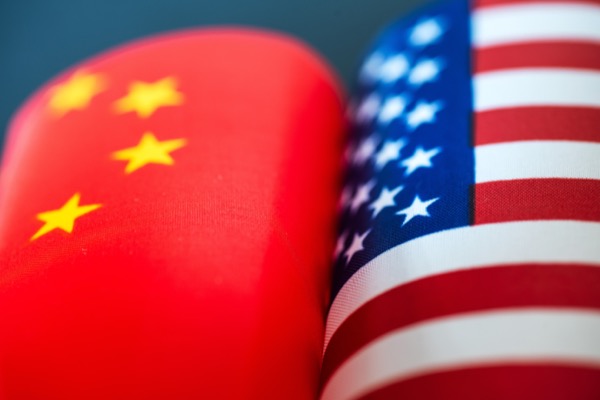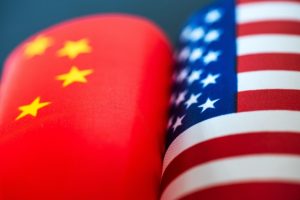
Annual meetings of the International Monetary Fund (IMF) and the World Bank seem to coincide with the onset of financial crises, as with the Hong Kong meeting in 1997 (Asian Financial crisis) and the Bali meeting last week (threatened crisis).
Do these gatherings trigger crises by exposing financial vulnerabilities, or exacerbate them (as with the 2008 meeting soon after the Lehman collapse)?
We could call this a “critical mass” theory. The annual gatherings of the so-called “Bretton Woods twins” bring together in one city (or beach resort, as was the case in Bali) not only finance ministers and central bank governors from some 180 countries, but also thousands of bankers and securities company heads (not to mention a few more thousand news-hungry journalists).
For those given to concocting (not too off-the-wall) conspiracy theories, the present storm in equity and bond markets might be seen as a case of “the empire strikes back.” The empire here is China which, with a few well timed disposals (or rumours) of parts of its US Treasuries war chest, is able to send bond yields spiking and equities crashing.
Why do that when China would be among those to suffer? Because a tumbling Wall Street could quickly take the wind out of the sails of the US economy and those of President Donald Trump, who has bragged repeatedly that the US is better able to withstand a trade war than is China. There is still time for him to back track if a Wall Street collapse is threatened. Signal sent!
The Trump trade wars have already turned into currency wars (as predicted in this column). By allowing the renminbi to depreciate, Beijing has signalled that it has other ways of fighting back than just imposing counter tariffs on the US. A falling renminbi takes some of the sting out of Trump’s tariffs by raising the local currency value of China’s exports.
Volatile capital flows, foreign exchange pressures and higher borrowing costs have buffeted emerging markets as major economies have begun rolling back the very low interest rates that have prevailed since the 2008 Global Financial Crisis, said the Peruvian central bank governor Julio Velarde Flores, who’s also First Vice-Chair of the G-24.
Whatever the reason for what might come to be called the Bali Meeting Crash (like the Hong Kong crash in 1997 and the Lehman crash in 2008), a comment this week by Stephen Innes of currency trader Oanda seemed to sum up the situation.
“All bets are off,” Innes said. “The US equity bloodbath is taking no prisoner as a sea of red greets investors and equity deleveraging and liquidation intensify.”
If this “bloodbath” stops short at a salutary correction (knocking maybe 10 to 20 per cent off equity valuations, as some optimists suggest), it would be a mercy and a wonder.
The legacy of 10 years of furious debt build-up at the corporate, household and government levels plus irrational exuberance in stock markets will most likely be more than a mere technical correction.
Yet, if Trump calls off his trade troops and China buys back some US bonds, the “music” could continue for a while longer.

